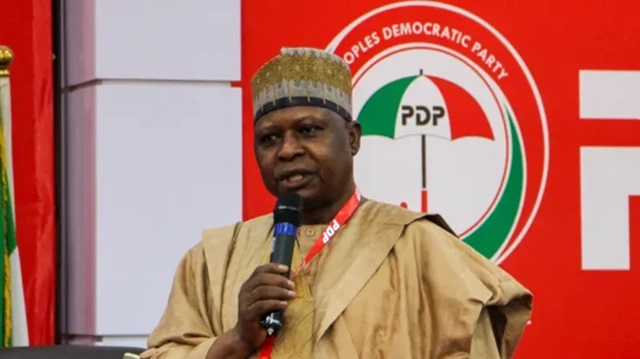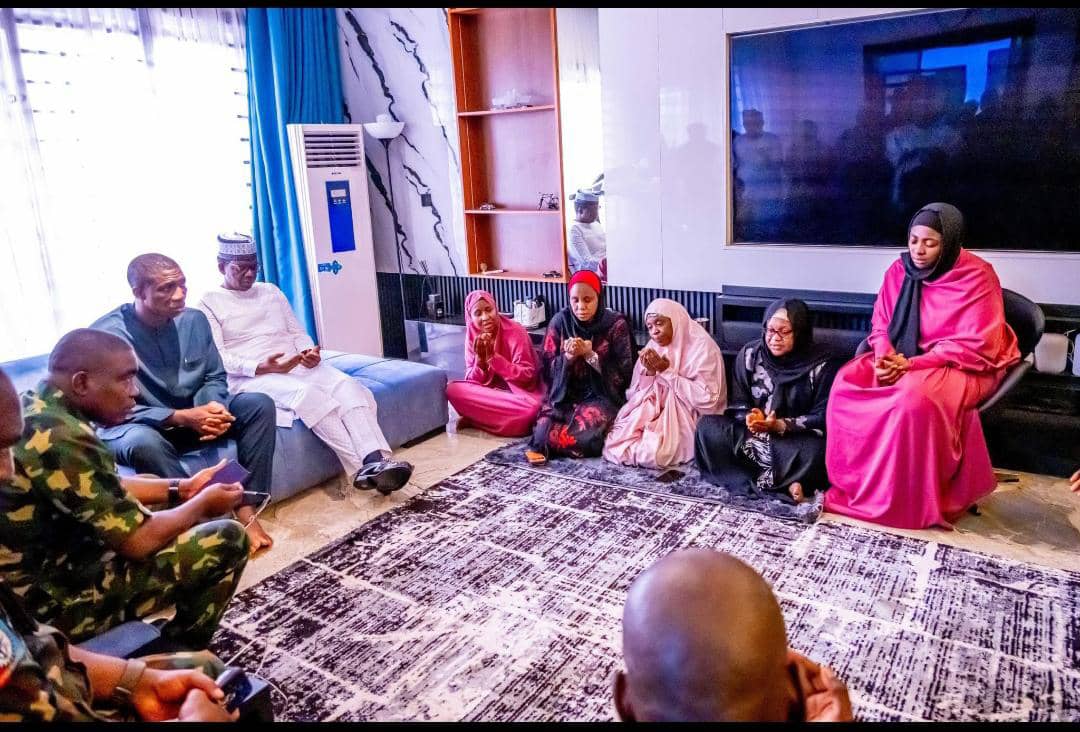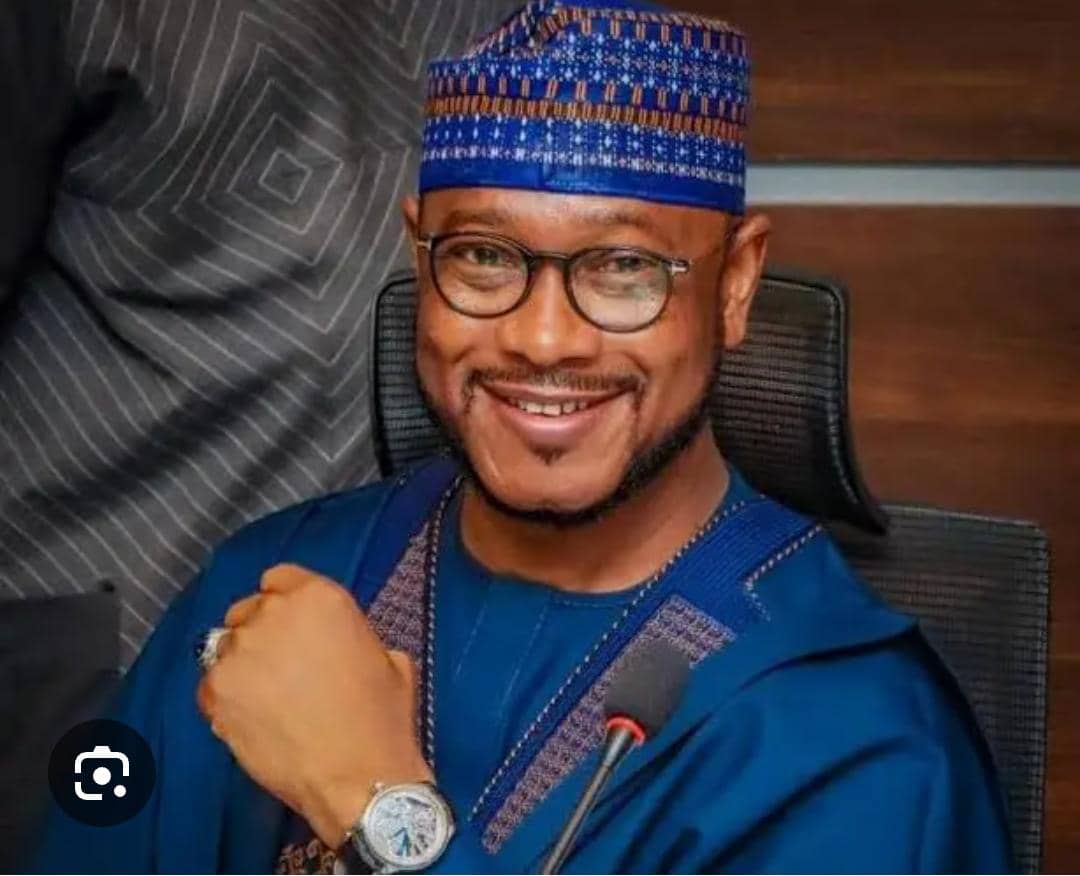In a bold statement at an international forum, Georgia’s Prime Minister, Irakli Garbashvili, emphasized that imposing sanctions on Russia over the Ukraine war would have dire consequences for his country’s economy. Despite facing international criticism, Garbashvili staunchly defended Georgia’s reluctance to take action against its formidable neighbor, which seized approximately 20% of Georgian territory in a 2008 conflict.
Garbashvili’s government has chosen not to impose economic sanctions, and just last week, direct flights from Russia to Georgia resumed, triggering opposition protests at Tbilisi airport. Speaking at the Qatar Economic Forum, Garbashvili expressed his concerns, stating, “Not only would we harm Georgia, but we would also devastate our economy and jeopardize the interests of our country and our people if we were to impose any form of economic sanctions on Russia.” The prime minister estimated that bilateral trade with Russia amounts to approximately $1 billion annually.
Highlighting the inconsistency in the international community’s response, Garbashvili criticized the lack of action, including sanctions, during the 2008 conflict between Georgia and Russia. He questioned the logic, stating, “Our war was not a war, and the Ukrainian war is a war. Well, I have to say that we were quite disappointed that business as usual continued with Russia after the 2008 war. The result of that war, a devastating war, is that 20% of our territory was taken over by Russia. Russia built two military bases on our historic lands.”
The ongoing conflict in Ukraine has been a central issue at the Qatar forum, with Hungary’s Prime Minister Viktor Orban, known for his pro-Russian stance, suggesting that Ukraine could not defeat Russia. Garbashvili expressed uncertainty about the outcome of the Ukraine war, stating, “Nobody knows how the Ukraine war will end. And unfortunately, we don’t see any sign that this war is going to end soon. I also have to say that we don’t see enough efforts from the international community to take proper measures to encourage consultation and peace talks.”
While Garbashvili voiced his concerns, retired U.S. Army General and former CIA head David Petraeus offered a different perspective. He disagreed with Orban’s position, stating, “Orban is entirely on the wrong side of what will be history.” Petraeus expressed optimism about Ukraine’s potential for significant gains against Russian forces with the support of the United States and Europe.
The discussion surrounding Russia’s actions in Ukraine and the stance taken by Georgia reveals the complex dynamics at play in the region. As the debate continues, the international community’s response and efforts towards peace talks will play a crucial role in determining the future of the ongoing conflict.





